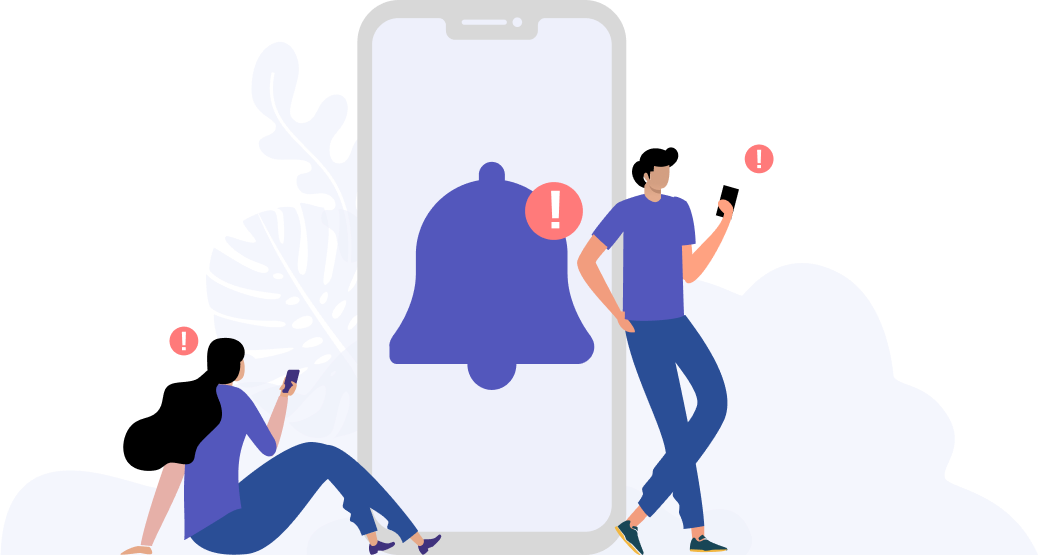Parents, Too Much Screen Time Can Be Dangerous For Your Child’s Mental Health
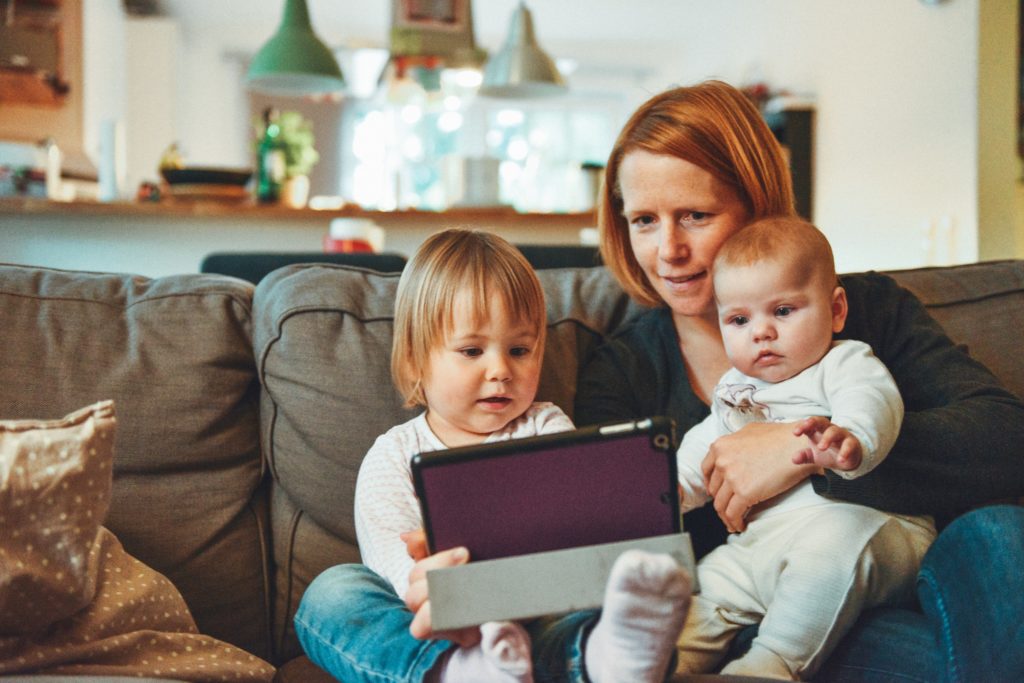
When you think of screen time, do you think about the mental health repercussions too?
It’s difficult to notice the unseen.
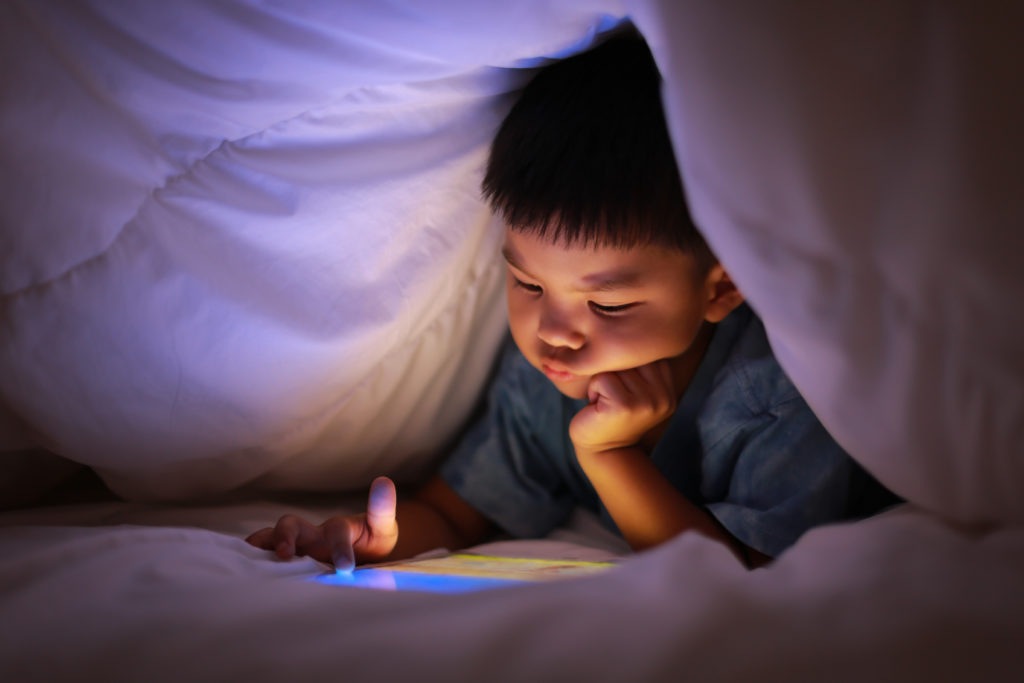
Little boy kid using tablet play learning application game, finger and hand move on touchscreen, while lying under white blanket in the bedroom at night, blue and yellow light screen reflex his face.
This generation’s children are spending more time on screens than any other generation before them. Given the rise in digital technology in the 21st Century, it’s no surprise that they’ve grown up together with their devices. Some may have even gotten their first view of the screen from the moment they were born! It’s almost commonplace to see a toddler watching cartoons through a phone or a tablet nowadays.
For us parents, the screens can serve as a mighty good distraction for our children. If we’re busy and they’re bored, the screen is always there to help fill that gap. Screens have also become a go-to deterrent against tantrums and whining. Sometimes, it’s the only way that we seem to know how to get our children to behave! However, bribing our children with the screen in exchange for good behaviour can have lasting consequences such as device dependency and smartphone addiction.
Prolonged screen time is known to cause myopia, but did you know it can also take a toll on your child’s mental health? Besides smartphone addiction and device dependency, too much screen time can also contribute to other conditions such as depression.
Wait, how is it harmful to their mental health?
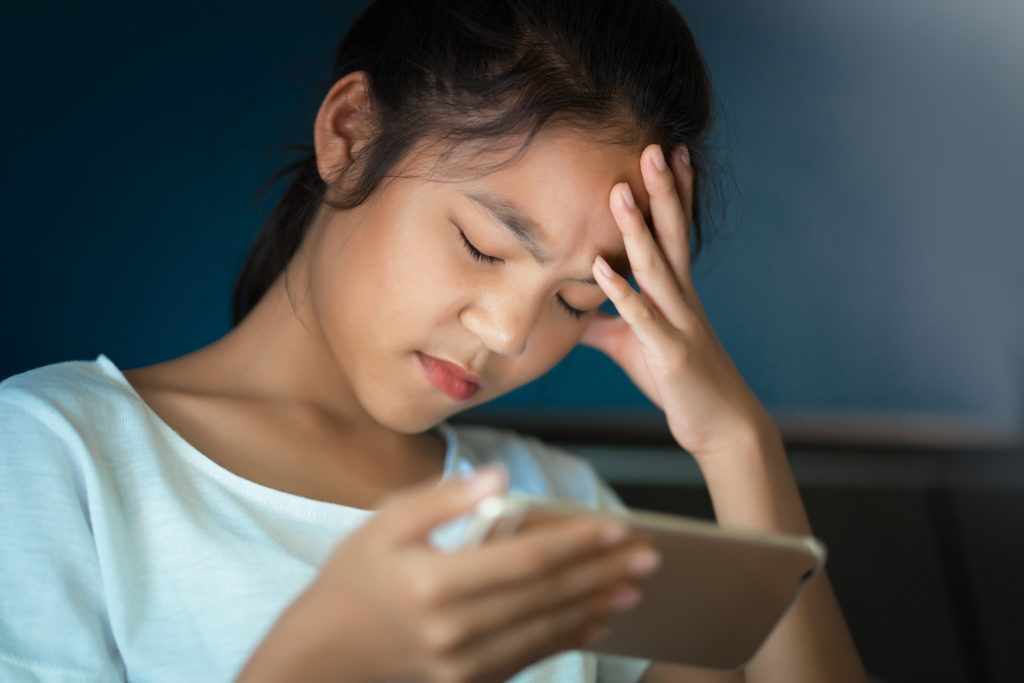
A study about the relationship between screen time and mental health among 3000 teenagers was conducted in 2019 in Canada [1]. Participants of the study were required to note down their screen time and their corresponding self-esteem levels. The researchers found that when participants spent more time on the screen using social media or watching the television, it corresponded with an increased risk of depression. In fact, they even found that increasing screen time by just 1 hour within a year was associated with more severe depressive symptoms.
Doctors have attributed this to the type of content children consume online, particularly through social media and television [2]. The digital media can shape and alter the way children view the world and might give them unrealistic expectations of how they should live or how they should look. While scrolling through social media vicariously, they inadvertently compare themselves to others which may account for their low self esteem.
Further research has also demonstrated that 22.6% of youths aged 11-13 who spent more than seven hours on screens every day tended to express disinterest in learning new things [3].
What can we parents do to help?
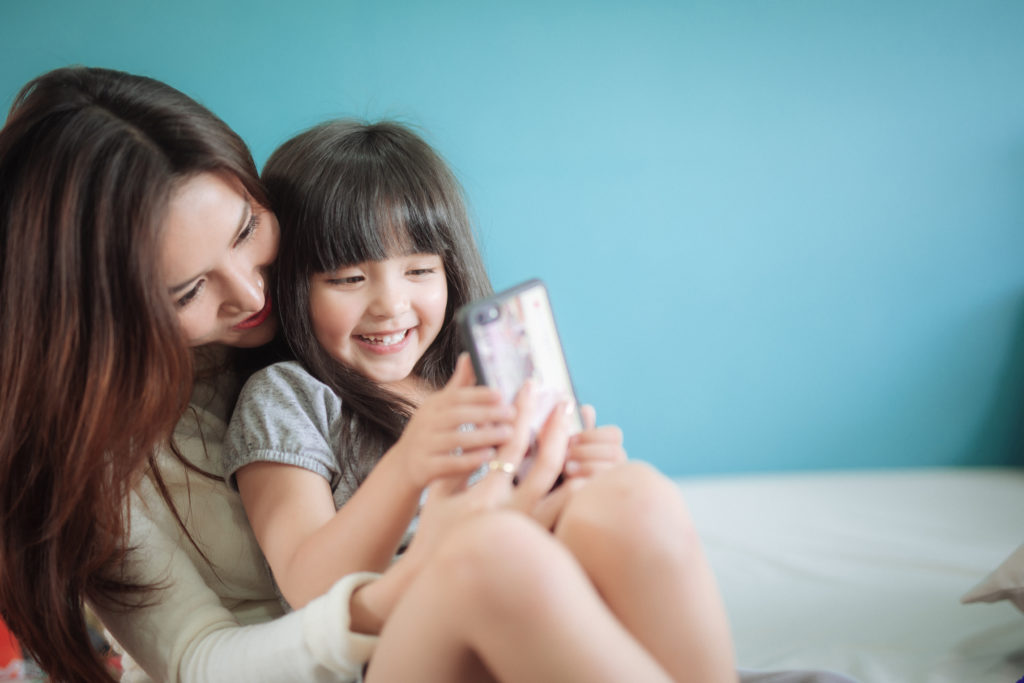
As parents, we want to keep our children safe and healthy. One of the ways we can help is to manage our children’s screen time. If you’re concerned about having to look over your child’s shoulder 24/7, don’t worry, you can download parental control apps like plano to help you!
Plano helps to monitor your child’s device use and reminds your child to take regular breaks from the screens every 30 minutes. As a parent, you can also use the plano app to schedule no-device times. For instance, if your child is not allowed to use his/her phone during dinner time, you can use the plano app to lock his/her device during those hours.
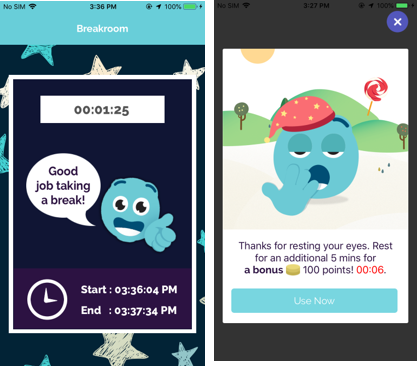
If your child follows these prompts and reminders in the plano app, he/she can earn points! These points can then be used in the plano Shop* to request for device-free, and outdoor activities. In fact, going outdoors has also been proven to help improve mental wellness in children too.
Our children are our pride and joy. The last thing we’d want is to see them hurt. Help them take control of their screen time today and let them know that we have the power to control the screens, not the other way around.
*Only available to Singapore plano users.
[1] Boers E, Afzali MH, Newton N, Conrod P. Association of Screen Time and Depression in Adolescence. JAMA Pediatr. 2019;173(9):853–859. doi:10.1001/jamapediatrics.2019.1759
[2] News, A. (2020). Social media, screen time linked to depression in teens, study says. Retrieved 7 July 2020, from https://abcnews.go.com/Health/social-media-screen-time-linked-depression-teens-study/story?id=64399137
[3] PhD, R. (2020). Too Much Screen Time Linked to Anxiety & Depression in Young Children and Teens. Retrieved 7 July 2020, from https://psychcentral.com/news/2018/11/11/too-much-screen-time-linked-to-anxiety-depression-in-young-children-and-teens/139931.html
Tools Designed for Healthier Eyes
Explore our specifically designed products and services backed by eye health professionals to help keep your children safe online and their eyes healthy.





